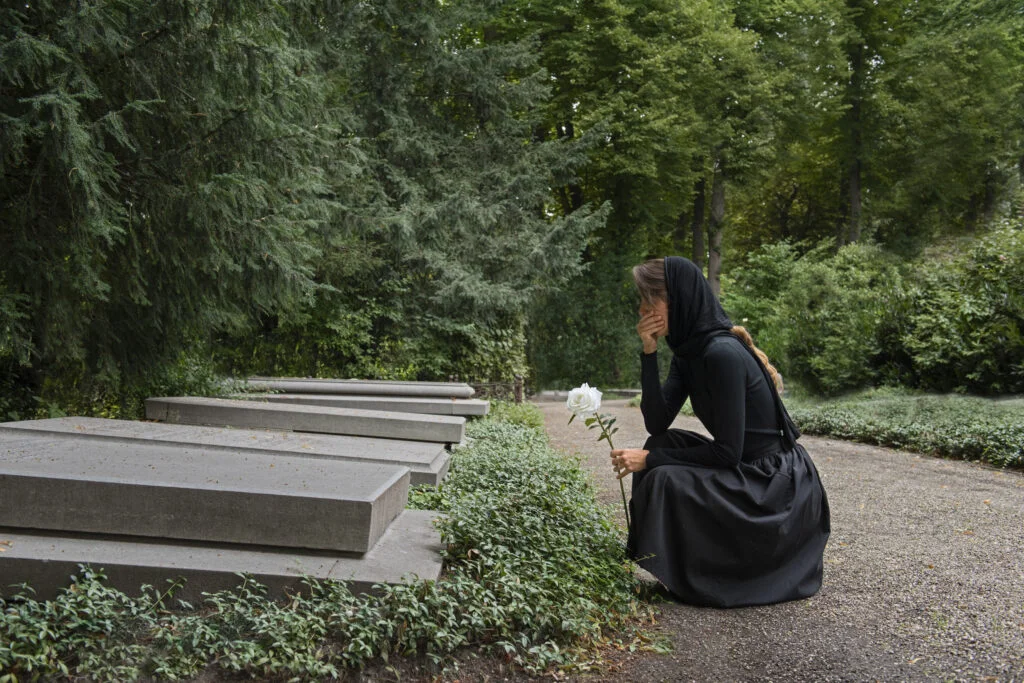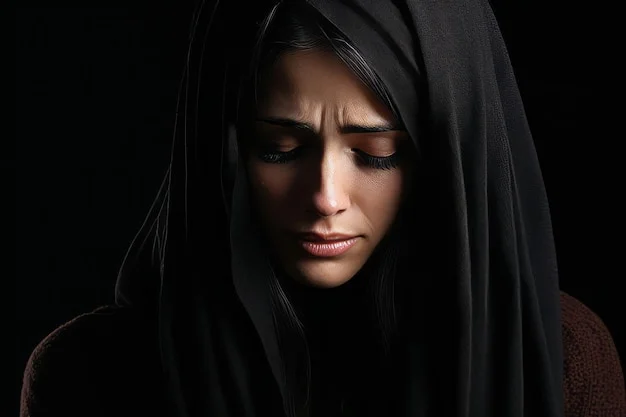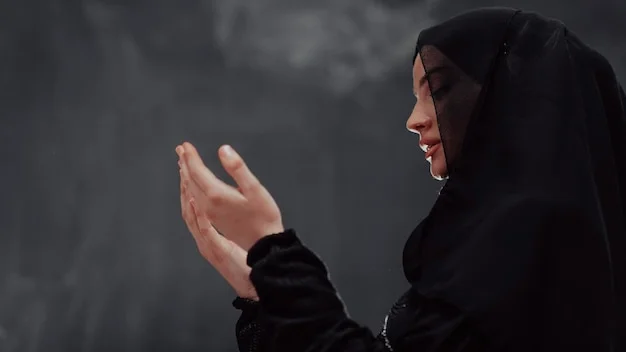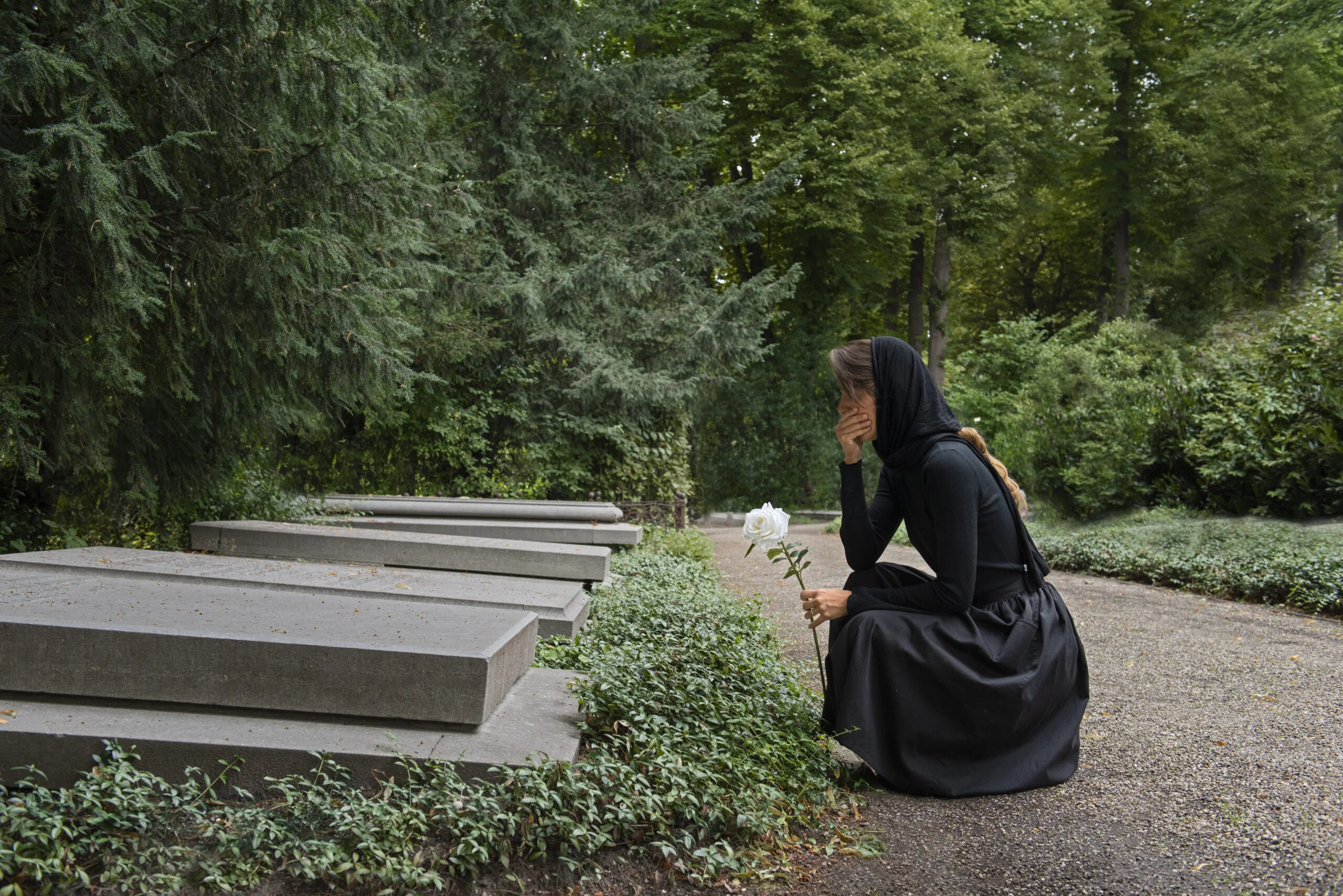
Dreams have fascinated humans for centuries, often seen as a window into our subconscious minds. They can be strange, beautiful, terrifying, or even puzzling. But what happens when you dream of something as deep and unsettling as seeing someone die?
In Islamic culture, dreams carry particular significance, and their interpretations can offer guidance and insights into our lives. So, what does it mean when you have such a dream? Join us as we delve into the Islamic meaning behind seeing someone die in a dream and uncover the wisdom it may hold.
Unveiling the Mysteries of Dreams
Before we unravel the interpretations of such dreams in Islamic tradition, let’s start with a fundamental understanding of dreams themselves.
Dreams as a Reflection of the Subconscious:
As dreams are like the whispers of our subconscious minds, they can bring to the surface our deepest fears, desires, and concerns. Some dreams are simply a reflection of our daily experiences, while others may carry deep messages.
The Spiritual Significance of Dreams in Islam:
In Islamic culture, dreams are often regarded as a means of communication between the individual and the divine. Many believers turn to their dreams for guidance, seeking answers to questions or seeking solace during challenging times.
| Key Meaning | Interpretation |
|---|---|
| Symbol of Change | Dreaming of someone’s death symbolizes a major life change, often marking the end of a challenging phase and the start of a transformative one. |
| Reflection of Emotions | Such dreams mirror your emotions, reflecting grief or concern for the person. They help you process complex feelings about their well-being. |
| Spiritual Awakening | These dreams may signify a spiritual awakening, prompting you to seek a deeper connection with your faith and reflect on your actions. |
| Fear of Loss | Rooted in the fear of losing a loved one, these dreams remind you to cherish relationships and value those close to you. |
| Message of Resilience | They can also convey a message of resilience, highlighting your inner strength and ability to overcome challenges. |
The Role of Dream Interpretation
Interpreting dreams holds a special place in Islamic tradition. The Prophet Muhammad himself often provided interpretations of dreams to his companions, highlighting the significance of understanding their meanings. Islamic dream interpretation, known as “Tafsir al-Ahlam,” is a vast and intricate field, with scholars dedicating their lives to clarifying the messages that dreams convey.
Seeing Someone Die in a Dream: A Complex Scenario
Now, let’s explore the scenario of seeing someone die in a dream. It’s essential to approach such dreams with sensitivity and an open mind. Interpretations can vary depending on several factors, including the identity of the deceased person, the emotions experienced during the dream, and the dreamer’s personal circumstances. Here are some possible interpretations:
Symbol of Change and Transition
When you dream of someone’s death, it may symbolize a significant change or transition in your life. In Islamic dream interpretation, death can represent the end of one phase and the beginning of another. This might signify the conclusion of a challenging period or the start of a new and transformative chapter.
Reflection of Grief or Worry
Seeing someone die in a dream can also reflect your own emotions, such as grief or worry about the well-being of that person. It could be an expression of your concern for their health or a way of processing your feelings about their mortality.
Spiritual Awakening
In some cases, dreaming of death can indicate a spiritual awakening or a desire for a deeper connection with your faith. It might be a reminder to reflect on your actions and seek forgiveness or guidance from a higher power.
Fear of Loss
Dreams about death can also be rooted in your fear of losing someone close to you. They may serve as a reminder to cherish your relationships and appreciate the people in your life.
A Message of Resilience
In addition to the interpretations mentioned above, seeing someone die in a dream can sometimes convey a message of resilience. It may signify your inner strength and ability to overcome challenges, even in the face of difficult circumstances.
Who’s in danger, the dreamer or the dead one?
One common question that arises is whether such dreams pose any danger to either the dreamer or the person seen in the dream. From an Islamic perspective, dreams of a living person passing away are not typically associated with predicting actual harm or danger to either the dreamer or the person in the dream. Instead, these dreams are often understood as manifestations of the dreamer’s emotions, anxieties, or subconscious thoughts.
They may serve as a reflection of the dreamer’s concerns or emotional attachments to the individual they dream about. In this context, it is not generally believed that such dreams directly impact the well-being or fate of the individuals involved. Islamic dream interpretation highlights that while dreams can offer deep insights and guidance, they should not be taken as literal predictions of the future or as indicators of impending harm. These dreams are more likely a way for the dreamer’s mind to process complex emotions or experiences related to the person in question.

Seeking Interpretation and Guidance
While these interpretations provide insight into what seeing someone die in a dream could mean, it’s crucial to remember that dream symbolism is highly personal. What holds true for one person may differ for another. Therefore, if you experience such dreams and seek clarity, consider the following steps:
Reflect on Your Emotions:
Pay attention to your feelings during the dream and upon waking. Emotions often provide valuable clues about a dream’s significance.
Consult Scholars or Religious Authorities:
Seek guidance from knowledgeable individuals well-versed in Islamic dream interpretation. They can provide you with a more specific and personalized interpretation based on your dream’s details.
Pray and Seek Spiritual Guidance:
Engage in prayer and meditation to connect with your faith and seek guidance from a higher power. This can offer comfort and insight.
Keep a Dream Journal:
Maintain a dream journal to record your dreams regularly. Over time, you may notice patterns and recurring themes that can help you understand your dreams better.
Trust Your Intuition:
Sometimes, your intuition can offer profound insights into your dreams. Trust your instincts and the messages you receive through your dreams.
Cultural Variations in Islamic Dream Interpretation: Insights into Seeing Someone Dying
The interpretation of dreams, especially those involving the theme of death, can vary significantly based on cultural, regional, and historical factors within the Islamic world. Understanding these cultural variations provides valuable insights into how Muslims perceive and interpret dreams of seeing someone die. Here are a few cultural perspectives that shed light on this sensitive topic:
Arabian Peninsula: Symbolism of Transition
In the Arabian Peninsula, dreams of death are often seen as symbolic of transitions in life rather than literal predictions of mortality. When someone dreams of a loved one passing away, it is viewed as a sign of change and transformation. Such dreams are believed to indicate a shift in the relationship or circumstances between the dreamer and the person who has passed.
South Asia: Spiritual Significance
South Asian Islamic cultures place a strong emphasis on the spiritual realm and the interconnectedness of souls. Dreams of seeing someone dying may be interpreted as a spiritual awakening or a reminder of the impermanence of worldly attachments. These dreams often prompt individuals to engage in increased acts of worship and self-reflection.
North Africa: Connection with Ancestral Spirits
In North African Islamic traditions, dreams of deceased loved ones hold great significance. It is believed that such dreams represent a connection with ancestral spirits and are opportunities for guidance and healing. Individuals who experience these dreams may seek solace and advice from spiritual leaders to better understand their meaning.
Southeast Asia: Blending Islamic and Local Beliefs
Southeast Asian Islamic communities often blend Islamic teachings with indigenous customs and folklore. Dreams of death may be interpreted within the context of local beliefs about spirits and the afterlife. The dreamer may seek guidance from local spiritual authorities who are well-versed in both Islamic and traditional interpretations.
Central Asia: Bridging Worlds
Central Asian Islamic cultures sometimes incorporate elements of shamanism and nomadic traditions into dream interpretation. Dreams are viewed as a bridge between the physical and spiritual worlds. When someone dreams of death, it may be seen as a message from the spiritual realm, prompting the dreamer to reflect on their life’s purpose and actions.
These cultural perspectives provide a glimpse into the diverse ways Muslims interpret dreams of seeing someone dying. While interpretations may vary, a common theme across these cultures is the recognition of dreams as valuable sources of insight, prompting individuals to contemplate their spiritual journey and life’s transitions. It is within these interpretations that Muslims find solace and meaning when confronted with the rare experience of dreaming about death.
Finding Solace and Seeking Guidance After a Dream of Death
Dreams have a great impact on our emotions and thoughts, and when we experience a dream involving the death of someone, it can be emotionally unsettling. These dreams often leave us with questions and a sense of unease. In such moments, it is important to turn to spirituality for solace and guidance.

Step 1: Take a Deep Breath and Reflect
Upon waking from a dream of someone’s passing, it’s natural to feel a rush of emotions. Take a moment to center yourself and reflect on the dream. Consider the emotions and thoughts it evoked within you. Remember that dreams are a realm of symbolism and interpretation.
Step 2: Offer Sincere Supplications (Dua)
One of the most comforting aspects of Islamic spirituality is the practice of supplication, or dua. This is a personal conversation with Allah, a chance to express your feelings, fears, and questions. In the quiet of your heart, offer a sincere dua. Ask for guidance, clarity, and peace regarding the dream you’ve experienced. Trust that Allah is the Most Merciful and the Listener of Prayers.
Step 3: Perform Salat (Prayer)
Salat, the Islamic ritual prayer, is a source of strength and connection with the Divine. After experiencing a distressing dream, consider performing a special prayer to seek solace and guidance. You can perform two units (rak’ahs) of voluntary prayer and include your heartfelt intentions related to the dream.
Step 4: Recite Quranic Verses
The Quran is a source of comfort and guidance for Muslims. Consider reciting verses from the Quran that bring solace and healing to your heart. Surah Al-Fatiha and Surah Al-Ikhlas are often recited for protection and peace.
Step 5: Seek Advice from a Scholar or Trusted Individual
If the dream continues to trouble you or you’re uncertain about its meaning, seek guidance from a knowledgeable scholar or a trusted individual in your community. They can provide insights and interpretations that may help alleviate your concerns.
Step 6: Focus on Positive Deeds
In the days following such a dream, channel your energy into positive deeds. Engage in acts of kindness, charity, and prayer. These actions can bring a sense of balance and peace to your life.
Keep in mind that dreams are a part of the human experience and that a variety of factors, such as our subconscious thoughts and daily experiences, can influence them. Finding solace and seeking guidance through supplications, prayer, and reflection is a way to navigate the emotional impact of such dreams.
In the end, trust in Allah’s wisdom and mercy. He is the Bestower of guidance and the Comforter of hearts. Through sincere spirituality and a connection with the Divine, you can find solace and clarity even after the most unsettling of dreams.







